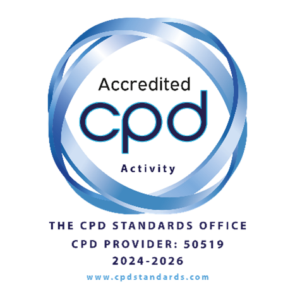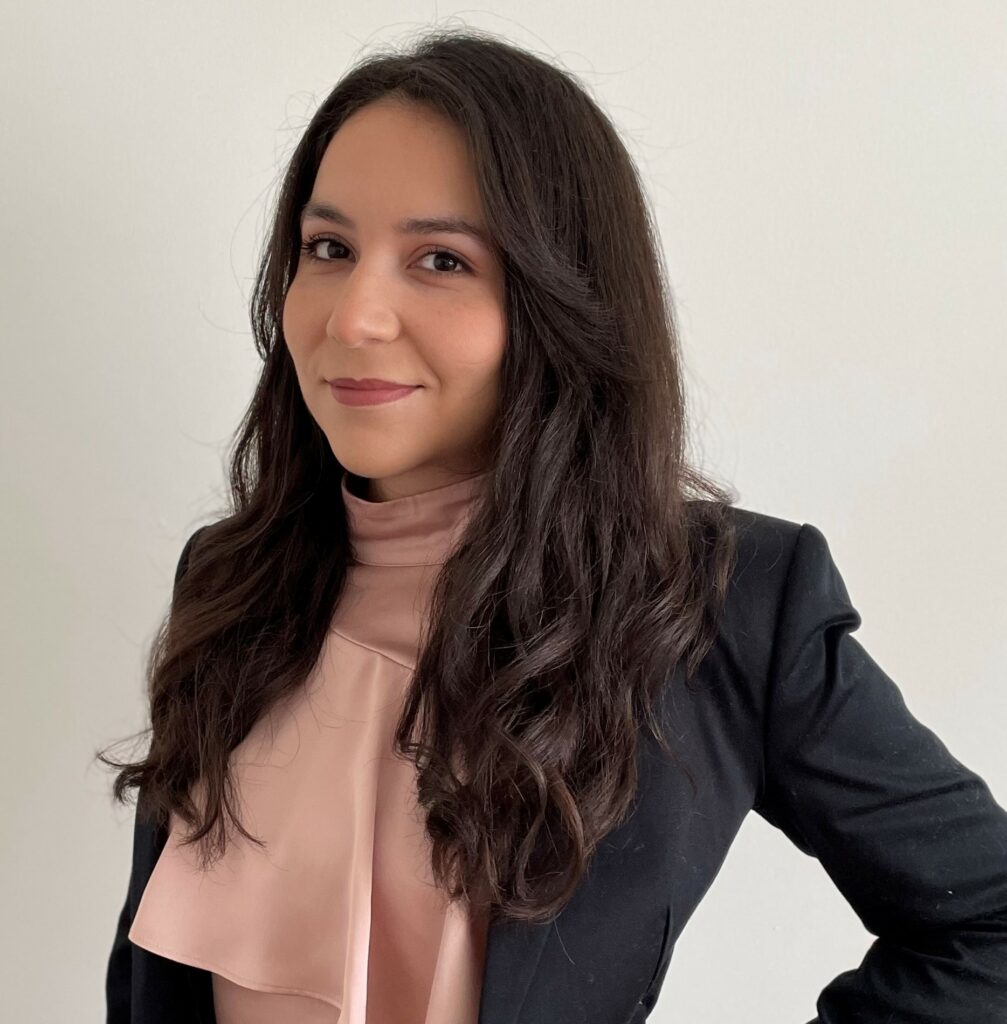
Internet of Things
Overview
Internet of Things (IoT) involves connecting devices to the internet across multiple networks to allow them to communicate with humans, applications and each other. IoT is set to have a huge impact on our daily lives, helping us to reduce traffic congestion, improve care for the elderly and create smarter homes and offices.
This four-week course will provide a high-level overview of the IoT concepts from a mobile perspective, outline the role IoT can play in enhancing the quality of life of citizens and explore the implications that IoT has for policymakers and regulators.
Course Objectives
- Understand the benefits IoT can bring to citizens, consumers and businesses.
- Learn about the key difference between IoT and traditional telecoms services.
- Discover the regulatory implications of IoT.
Course Enrolment Criteria
This course is open to:
- Regulators
- Policymakers
- Representatives from academia and international organisations working on regulatory or policy issues
We cannot accept applications from individuals working in the private sector or those not involved in policy or regulation.
Course Completion Certificates
All our courses are certified by the United Kingdom Telecoms Academy (UKTA) and accredited for Continuing Professional Development (CPD).

This course equates to 13 hours of CPD training.
To qualify for a course completion certificate, you must view all the course sessions and answer correctly all the quiz questions you will find as you progress through the sessions. You will also need to fill out the course survey.
You do not have to complete a final project to earn a course completion certificate but we strongly encourage you to create one. Putting together a final project will give you an opportunity to reflect on the principles covered during the course and help you discover how they could be applied to your own country. If you submit a final project the course trainer will provide you with valuable feedback that you may find useful in your day-to-day work.
Course Structure and Study Time
The course consists of seven sessions and you will gain access to all of them on the course start date. You will have the opportunity to ask questions about the content of the course during two live Ask the Expert sessions as well as on the course forum.
It should not take you more than two to three hours of study time per week to complete the course in four weeks. You will have, however, seven weeks to complete it. If after seven weeks you have not completed the course, you will have to start it again the next time it is offered.
If you decide to submit a final project, it will probably take you four to six hours to put it together. You will have seven weeks to submit your final project.
If you have any special needs regarding this training course, please let us know via our contact form so we can get in touch to discuss how your needs can be met.
Enrol now

